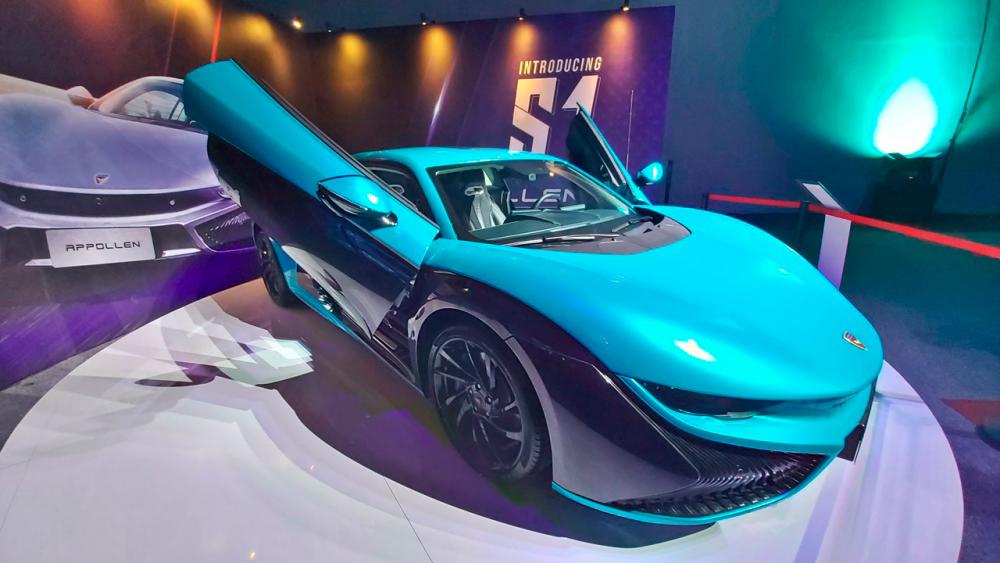IN the early decades of the last century, there were far more manufacturers of automobiles than today. Many businessmen saw much potential in the ‘horseless carriage’ and with the internal combustion engine already developed, it was possible for anyone to make motorized vehicles. However, as the industry grew rapidly, smaller players faded away due to competition or were acquired by bigger ones and the number of carmakers became less.
Now, in the early decades of the 21st century, we are seeing the same thing happening with electric vehicles (EVs). In a way, these are also ‘new’ inventions and many enterprising businessmen want to get into the business of making and selling them. However, where most of the companies 100 years ago were in America and Europe, there are now numerous big and small ones in China, the largest EV market in the world (2.4 million units sold in the first half of 2022).
The national policies of China have aggressively promoted ‘new energy vehicles’ (NEVs) – largely electric vehicles – boosting demand for such vehicles and creating economies of scale for businesses to develop and grow. And as in the early days of the automobile, investors see a lot of opportunity and are starting up. They are looking at new approaches to doing the business to gain advantage in an increasingly competitive market – and to attract the new generation of customers.
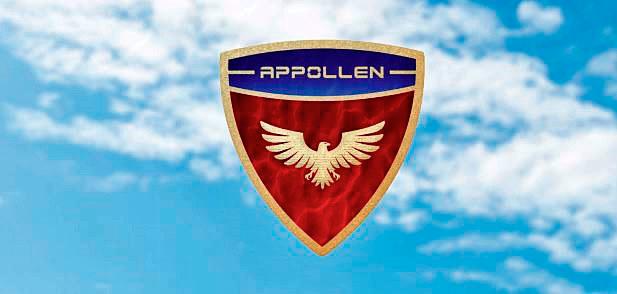
One such company is Apollo EV Malaysia Sdn Bhd, a subsidiary of Singapore-based Apollo EV Pte. Ltd, an investment portfolio of China International Capital Corporation. Apollo EV Malaysia has ambitious plans over the next 4 years to grow its business to the point where it can be listed on the NASDAQ in the USA by 2025.
It has created its own brand, Appollen, for its products and has Qiantu Motor in China (established in 2016) as a technical partner for the automotive side and Huawei Technologies (Malaysia) to provide digital solutions and development of the EV-related eco system.
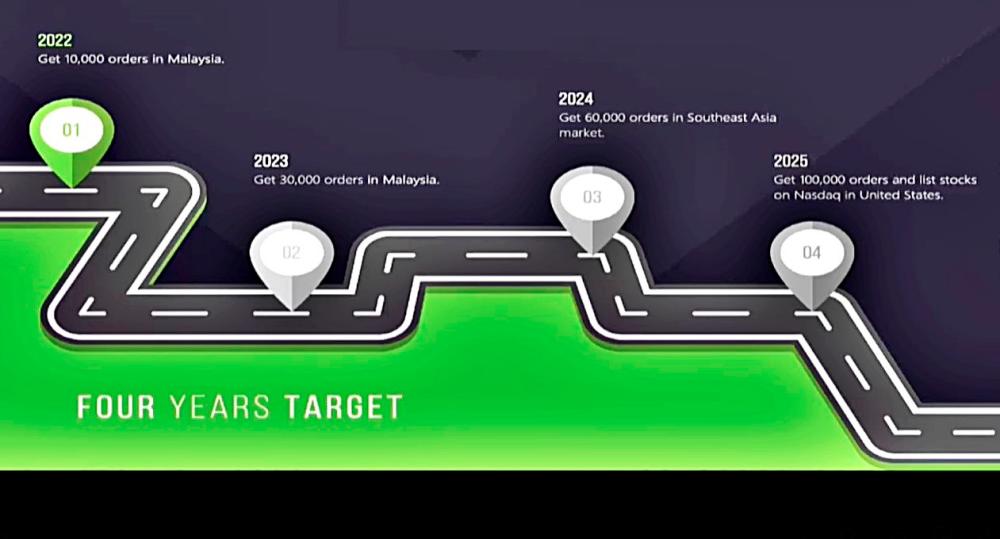
There are already many EV brands in the market so Apollo EV’s Founder and CEO, Chris Yen, has redefined the EV to have marketing differentiation. ‘EV’, in his vision, should now stand for ‘Entertainment Vehicle’ – a ‘device’ which has entertainment functions rather than merely a vehicle for transport. A parallel would be the mobilephone – from being just a portable device to make calls on, it has now become a multi-functional device that can do much, much more than just make calls.
The EV is already fairly standardized with ready-to-go platforms on which bodies of whatever form designers can come up with (and appeal to customers) are attached. The various components and systems are pretty much available in the open market too although each company may also invest in some innovative technology.
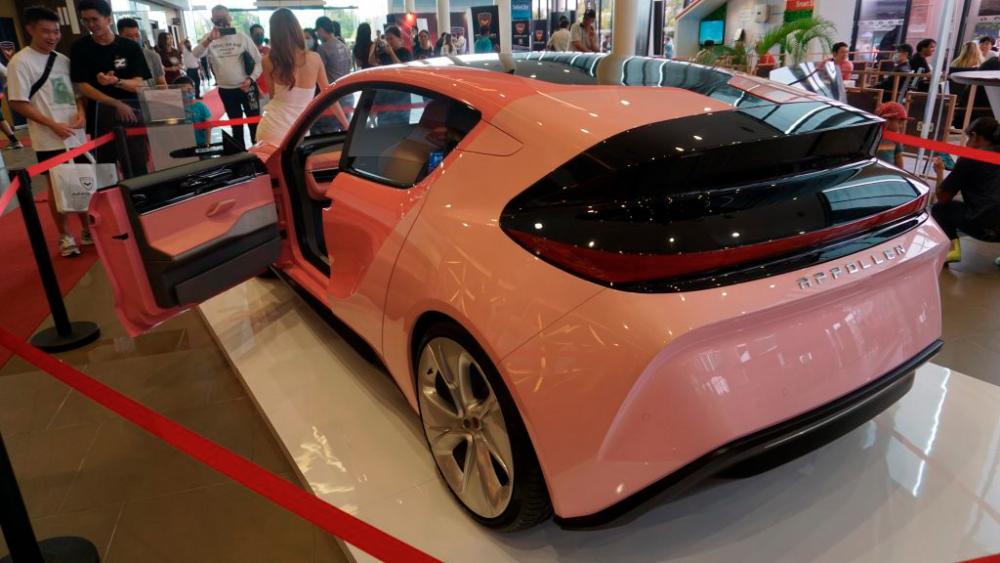
In the case of Appollen EVs, the emphasis is on lowering weight and with lightweight materials, including composite materials and optimized engineering, the weight reduction is said to be from 25% to 40%. Two of its models weigh under 900 kgs and lower weight naturally benefits performance, more so for EVs where less weight means better range (Apollo EV is targeting 500 kms).
The battery pack is the heart of an EV and the ones installed in the Appollen EVs are lithium-ion types with liquid cooling and capacities of 26 kWh to 97.9 kWh. Charging time is claimed to be 45 minutes from empty to 80% capacity. A warranty of 8 years will be offered on the battery pack, with 6 years for the rest of the vehicle.
The first models that will be introduced in the Malaysian market next year will be the A1 and A2, with a S1 sports model. The A2 (a 2-seater) is slightly longer than a Perodua Axia while the A1 is as long as a Perodua Ativa, with the S1 2-seater coupe being about 300 mm longer than a Toyota Supra.
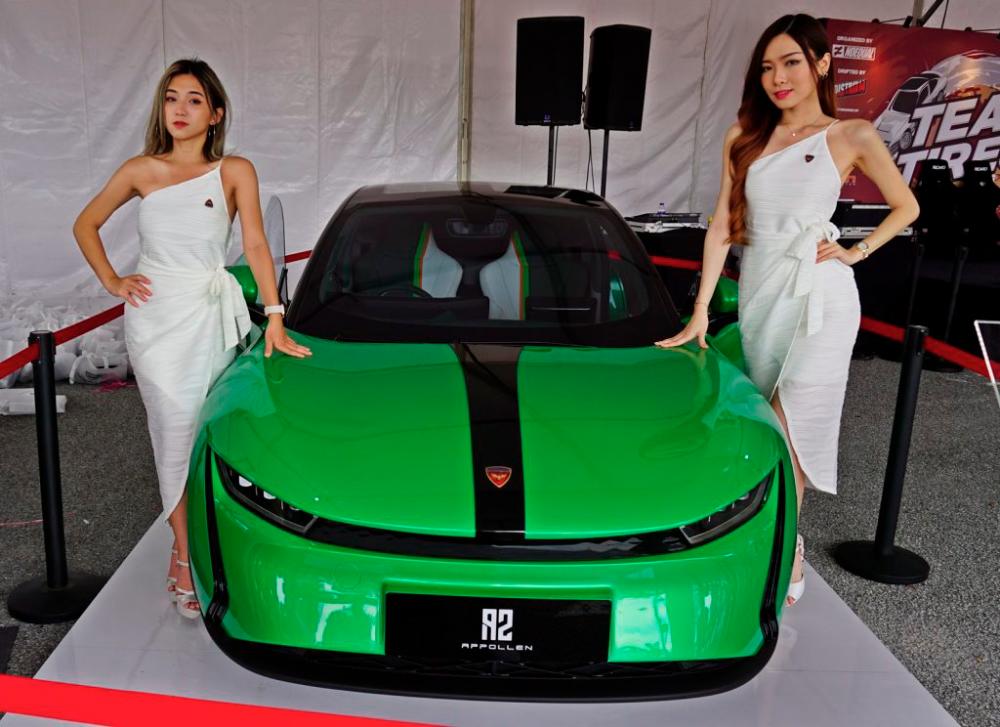
The A1 and A2 have similar powertrains with one or two electric motors to provide front-wheel drive or all-wheel drive. The motor on the front wheel generates up to 70 kW/130 Nm, and for AWD, the second motor at the rear generates 90 kW/170 Nm. The lighter A2 is claimed to have a 0 to 100 km/h time of under 4.7 seconds and a top speed of over 190 km/h, while the A1 is claimed to have a time of less than 5.5 seconds and a top speed of 150 km/h.
The S1, with supercar looks and scissors doors, promises super high performance and has only AWD, with the two motors giving a total output of 410 kW/710 Nm. That can give the car a claimed 0 to 100 km/h time of less than 3.3 seconds and a top speed of over 210 km/h. A large battery pack of 97.9 kW is provided which is said to be good for 500 kms (obviously depending on how fast you drive).
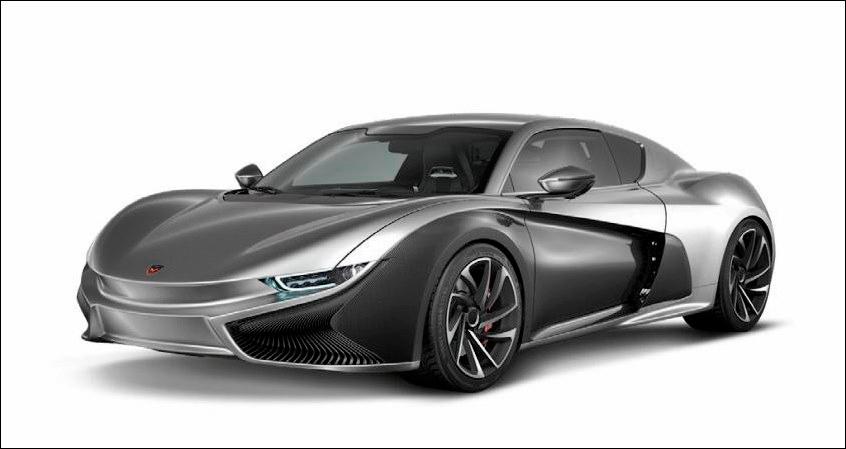
As with all motor vehicles to be registered for use on public roads, the Appollen EVs would have to go through the JPJ Type Approval system to ensure they meet Malaysian regulations (which include safety regulations).
The cars (which can be booked now) will initially be built at Qiantu Motor’s factory in Suzhou, China, and Apollo EV Malaysia would be using the full duty-exemption allowed till the end of 2024 to import the cars. Indicative pricing at this time is RM588,000 for the S1, RM136,000 for the A1 and RM112,000 for the A2.
Owners will be able to customize their cars with a wide range of options that will be fitted in the factory rather than at dealers. “We call this personalization program ‘Amber’, and we can make each car ‘one of a kind’. If you can imagine it, we can do it for you!” said Mr. Yen.
He also mentioned a rental program although full details about it are not available. But from what we could see, it will be offered online and customers will be able to rent one of the models at rates ranging from RM120 to RM500 day.
Aftersales support is, of course, always a big concern for buyers and Mr. Yen has given assurance that there will be full service support and parts. A total of 14 service centres nationwide will be set up by the company and there are also plans to provide a replacement car to use in the event the owner’s car has to remain in the service centre for a while. “My hope is for every Appollen customer to be able to use our cars without worry and fully enjoy their ownership experience,” said Mr. Yen.
As for the entertainment aspect, this is basically the idea of connected cars and Apollo EV Malaysia will make sure that there is plenty of content (with 100+ live streaming channels) available for viewing on the large display panels complemented by displays for the rear passengers in the A1. The infotainment system can also use Android apps and karaoke and gaming set-ups can also be created within the cabin.
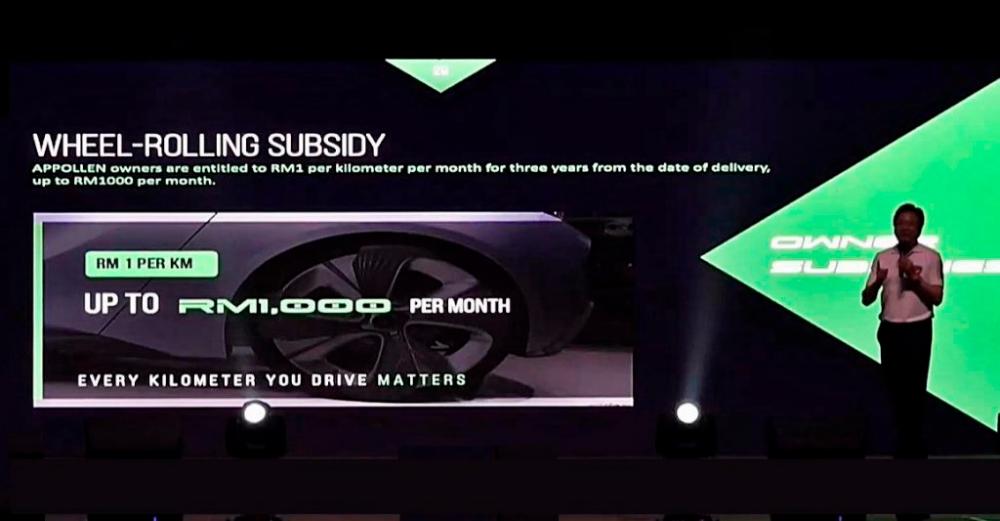
Owners will also be rewarded as they drive under a ‘Drive To Earn’ program. During the first 3 years of ownership, every kilometre travelled will get them 1 point which is valued at RM1, to a maximum of RM1,000 each month. The points, referred to as ‘Appollen Carbon Credits’, will be credited to a Kepir-managed e-wallet account and can be used to purchase products and services at dealerships, service centres and also an online mall.
Apollo EV’s retail network will be divided into two types of outlets – a showroom for displaying and selling cars and a lifestyle store which will offer products and services and can also be a place to hang-out for owners and their friends.
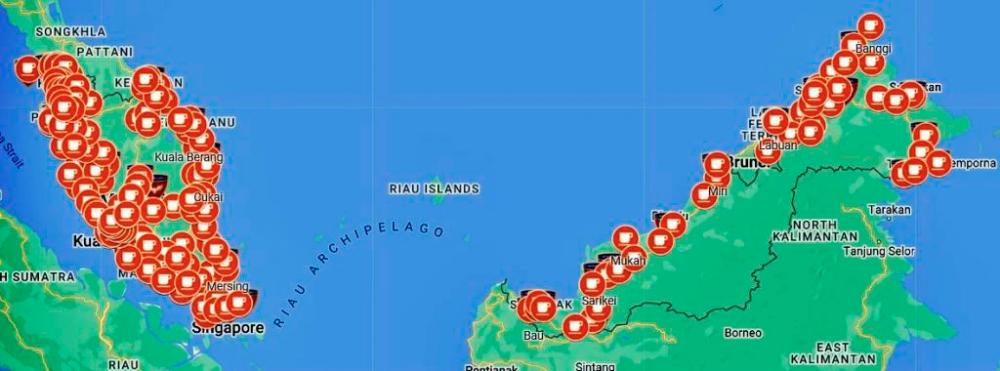
The company has made a commitment to set up 6 – 8 charging stations at each of the outlets. With a target of 100 showrooms and 200 lifestyle stores within the first year of operation (presumably after deliveries commence), that can mean up to 2,400 charging stations added to the charging network nationwide. This would certainly help meet the government’s target of having 10,000 charging stations nationwide by 2025.
Qiantu Motor, which already has an international presence, wants to produce vehicles outside China as well and with Apollo EV Malaysia, it intends to set up a factory in Malaysia in future. This would give the company a production hub for righthand drive EVs that can be distributed around ASEAN. Furthermore, with the AFTA benefits of duty-free exchange of goods within ASEAN, the cars can also be priced competitively in all the regional markets.
Apollo EV Malaysia will also be working with SIRIM Berhad on R&D of EV technologies, setting EV industry standards with product safety assurance, and joint efforts to educate the public on advantages of EVs over vehicles with combustion engines.
Elaborating on the collaboration, Dato’ Indera Dr. Ahmad Sabrin, President & Group CEO of SIRIM, said the organization will assist Apollo EV in various ways. “These include patent approval, testing for EV parts and components, system integrity and verification check, product traceability, blockchain implementation on payment systems, calibration and measurement services, development of industry standards, conformity assessment, and testing and certification. This is to ensure that the EVs will be produced as safe and high-quality products that comply with industrial standards” he said. – By Chips Yap



